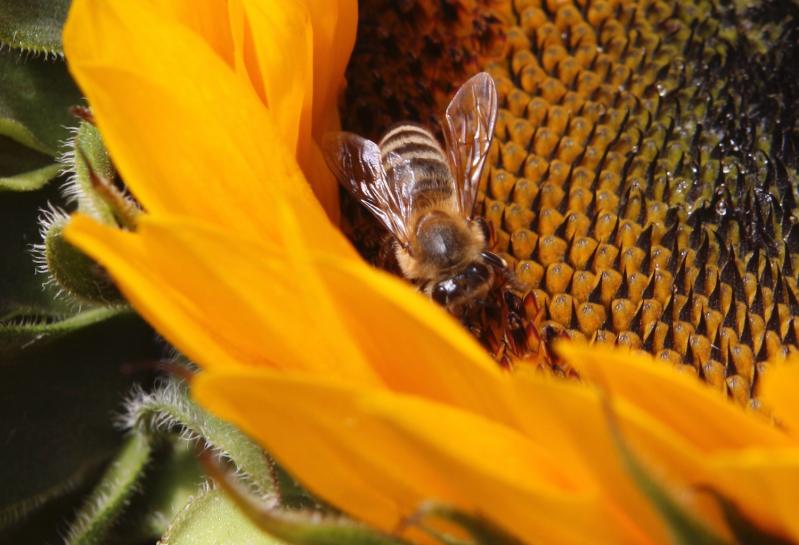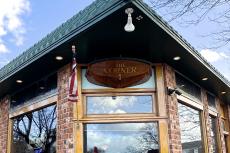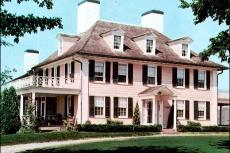In a unanimous vote, the Suffolk Legislature has passed a local law to preserve honeybee colonies in the county. The resolution is expected to take effect in a few weeks, according to Bridget Fleming, its co-sponsor with Al Krupski of the North Fork.
The new law requires certified, licensed, and commercial pesticide applicators and operators to call a beekeeper for relocation assistance before applying pesticides to honeybees. Those found in willful noncompliance of the law face a $500 fine.
"The honeybee population plays a critically important role in the food chain and pollinating products that end up on our tables," said Legislator Fleming in a phone interview. "There are no downsides."
The new rules will be followed up by a public education campaign focusing on the importance of honeybees and what to do when encountering a colony.
According to federal Department of Agriculture data from 2017, there are 764 bee colonies in Suffolk County, more than four times the number in 2002. Healthy colonies split in half once they reach a certain size, and the bees migrate, to swarm in yards or relocate into buildings, causing some people to call beekeepers or pesticide operators for help.
Chris Kelly has been the head beekeeper at Promised Land Apiaries on the North Fork for 50 years, where he now owns 200 hives and maintains an additional 150 for clients. Each year, he estimates, he receives between 40 and 50 calls to relocate swarms of honeybees. Swarms occur outside, and are easier to relocate, he said; beekeepers can place the colony in a box quickly and transfer them.
"Cutouts," the other type of relocation, involves removing bees from inside a building and can take two to four hours. Mr. Kelly has done about 10 cutouts this year.
For both processes, he takes the bee colony to a holding yard, where they are monitored for two weeks to make sure they recover from the transplant.
"I'm always delighted in the idea that we are looking at preservation rather than extermination," said Mr. Kelly. "I think it's been very, very healthy for the communities to realize they have an option — that they don't have to immediately exterminate a beehive, that they can call in a professional like myself and get a result."
"Everybody wins in the process."




